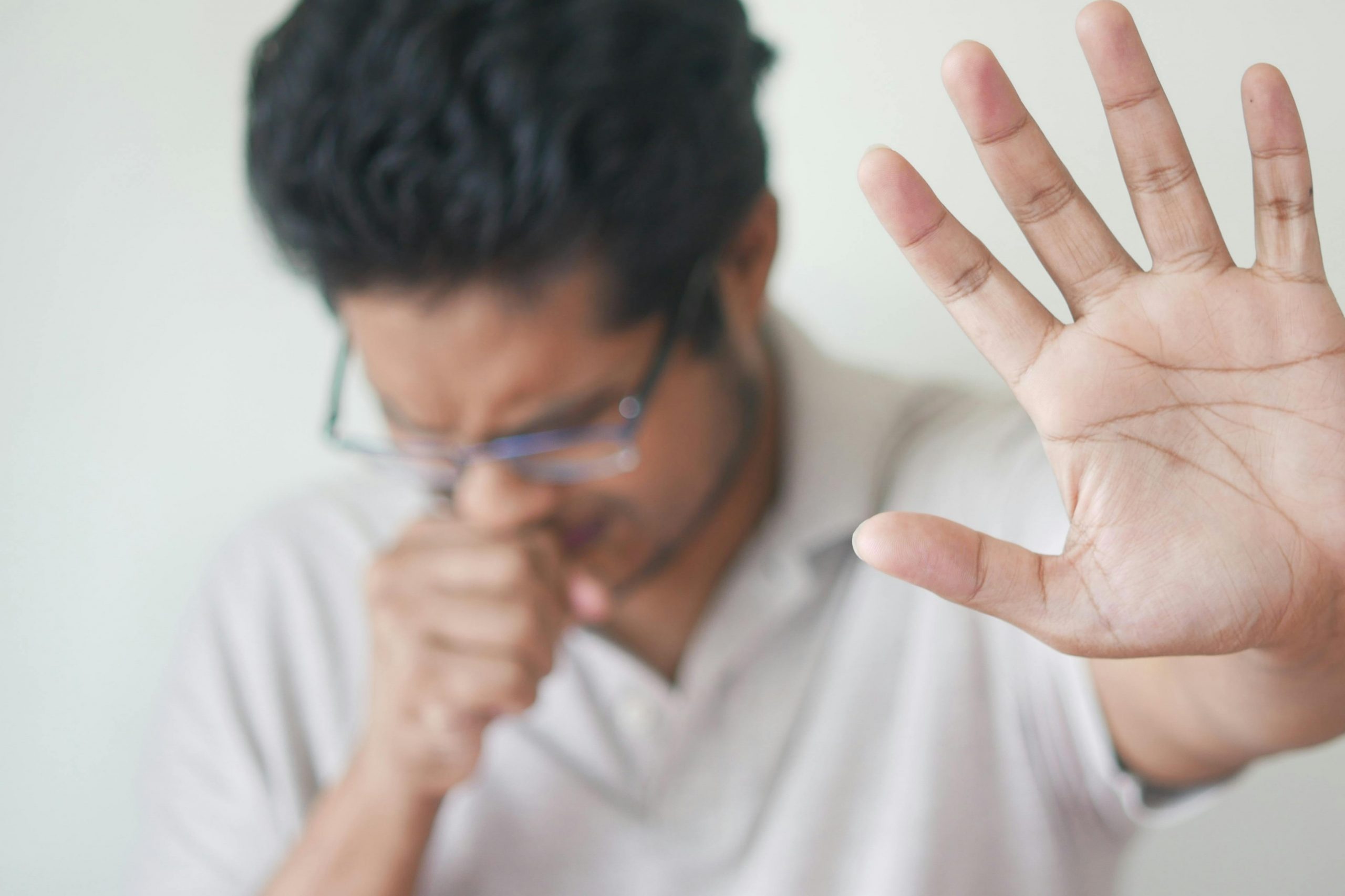Coughing is a natural reflex that helps clear irritants, mucus, and foreign particles from your respiratory tract. However, uncontrollable coughing can be disruptive, distressing, and even painful. Understanding the causes and remedies for persistent coughing can help manage and reduce this frustrating condition. If you’ve been wondering, how do I stop uncontrollable coughing, this comprehensive guide provides effective solutions, ranging from home remedies to medical treatments.
What Causes Uncontrollable Coughing?
Before diving into solutions, it’s essential to identify the root cause of your cough. Persistent coughing can stem from various issues, including:
1. Respiratory Infections
- Common cold or flu: Viral infections often lead to coughing due to postnasal drip and throat irritation.
- Bronchitis: This infection inflames the bronchial tubes, causing a nagging cough, often accompanied by mucus.
- Pneumonia: Severe infections in the lungs may result in uncontrollable coughing, sometimes with blood-streaked phlegm.
2. Allergies and Asthma
Allergic reactions to pollen, dust, or other irritants can trigger coughing as your body attempts to expel the allergen. Similarly, asthma causes inflammation and constriction of the airways, leading to episodes of uncontrollable coughing.
3. Gastroesophageal Reflux Disease (GERD)
GERD occurs when stomach acid flows back into the esophagus, irritating the throat and causing a chronic cough. If you’re asking yourself, how do I stop uncontrollable coughing caused by GERD, dietary changes and medications might be necessary.
4. Smoking or Exposure to Pollutants
Smoking irritates the airways and can lead to a smoker’s cough. Prolonged exposure to pollution or chemicals can also cause persistent coughing.
5. Underlying Medical Conditions
- Chronic Obstructive Pulmonary Disease (COPD): A progressive condition that includes emphysema and chronic bronchitis, resulting in frequent coughing.
- Lung Cancer: Though rare, a chronic cough could be a symptom of lung cancer and warrants medical evaluation.
- Tuberculosis (TB): A bacterial infection affecting the lungs that causes a persistent cough, often with mucus or blood.
How Do I Stop Uncontrollable Coughing?
The treatment for uncontrollable coughing depends on its underlying cause. Below are actionable steps and remedies to help alleviate your cough.
1. Hydrate Regularly
Drinking plenty of fluids is one of the simplest ways to soothe an irritated throat and thin mucus, making it easier to expel. Warm liquids such as herbal teas, warm water with honey, or clear broths can provide additional relief.
2. Use Honey as a Natural Remedy
Honey has long been known for its soothing properties. Mix a tablespoon of honey with warm water or herbal tea to coat your throat and reduce irritation. Studies suggest honey is as effective as some over-the-counter cough suppressants.
3. Inhale Steam
Steam therapy can help loosen mucus and soothe inflamed airways. Here’s how you can do it:
- Boil water and pour it into a bowl.
- Place a towel over your head and lean over the bowl, inhaling the steam deeply. Adding essential oils like eucalyptus or peppermint can enhance the soothing effect.
4. Gargle with Salt Water
Saltwater gargles can reduce throat inflammation and kill bacteria. Mix half a teaspoon of salt in a glass of warm water, gargle for 30 seconds, and spit it out. Repeat several times a day for optimal results.
5. Humidify Your Environment
Dry air can worsen coughing. Using a humidifier can add moisture to the air, reducing irritation in your throat and nasal passages.
6. Take Over-the-Counter Medications
Several OTC medications can provide relief:
- Cough suppressants (like dextromethorphan): Reduce the cough reflex.
- Expectorants (like guaifenesin): Help thin and loosen mucus, making it easier to cough up. Always consult a pharmacist or doctor for the appropriate medication, especially for children.
7. Address Underlying Conditions
If your uncontrollable coughing stems from an underlying condition, treating the root cause is crucial:
- Asthma: Use prescribed inhalers or bronchodilators.
- GERD: Adjust your diet, avoid trigger foods, and consider antacids or proton-pump inhibitors.
- Allergies: Take antihistamines or allergy shots if prescribed.
8. Quit Smoking
If you’re a smoker, quitting can significantly reduce coughing and improve lung health. Seek support through smoking cessation programs, nicotine replacement therapy, or counseling.
9. Avoid Irritants
Limit exposure to dust, pollen, pet dander, and chemical fumes. Wearing a mask in polluted areas or during allergy seasons can help.
10. Try Herbal Remedies
Certain herbs are known for their cough-relieving properties:
- Licorice root: Acts as a demulcent to soothe the throat.
- Marshmallow root: Reduces irritation in the mucous membranes.
- Thyme: Contains compounds that relax the throat muscles and reduce inflammation. These can be consumed as teas or supplements, but consult your doctor first, especially if you’re on other medications.
11. Practice Breathing Exercises
Controlled breathing techniques, such as pursed-lip breathing or diaphragmatic breathing, can help manage coughing episodes, especially for conditions like asthma or COPD.
12. Seek Professional Help
If your uncontrollable coughing persists for more than three weeks or is accompanied by symptoms like chest pain, fever, or blood in the mucus, it’s time to consult a doctor. Diagnostic tests like chest X-rays, spirometry, or blood work may be needed.
When to Seek Medical Attention

Sometimes, a cough can indicate a serious health condition. Seek medical advice if:
- Your cough lasts longer than three weeks.
- You experience chest pain or difficulty breathing.
- Your cough produces blood or green/yellow mucus.
- You have unexplained weight loss or fatigue.
Final Thoughts
If you’re dealing with an uncontrollable cough, it’s natural to feel frustrated and wonder, “How do I stop uncontrollable coughing?”. While occasional coughing is normal, persistent coughing requires attention to its underlying causes. By following the remedies and prevention strategies outlined here, you can find relief and improve your respiratory health.
For severe or chronic cases, don’t hesitate to consult a healthcare professional. With the right approach, you can overcome uncontrollable coughing and regain your quality of life.

